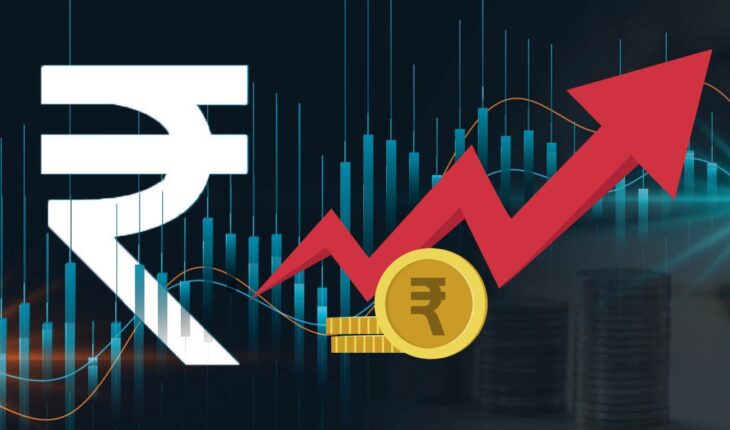New Delhi : India holds the potential to transform into a USD 13 trillion economy by 2050 while achieving its ambitious net-zero emissions goal, according to a recent report by Wood Mackenzie.
The report envisions a scenario where India utilises clean energy technologies and market-driven policies to revamp its energy system, currently reliant on fossil fuels.
The report highlights India’s potential in bioenergy, small modular reactors, and green hydrogen production, identifying these as key factors for success.
As the world’s third-largest emitter, India’s commitment to this shift could have a substantial global impact.
The report coincides with India’s anticipated rise to become the world’s third-largest economy by 2032, advancing from its current fifth position.
Wood Mackenzie’s Vice President of Scenarios and Technologies Research, Prakash Sharma, expressed optimism about India’s net-zero target, stating, “Our analysis shows that India’s goal to reach net zero by 2050, which is two decades ahead of its current commitment, is not only ambitious but also achievable.”
Sharma emphasised that this transition would be grounded in infrastructure investments and the optimisation of India’s unique human talent.
Central to India’s strategy is the Panchamrit initiative, unveiled at COP26 in 2021, aiming for 500 GW of non-fossil-fuel electricity by 2030.
Achieving this target requires India to nearly triple its current non-fossil-fuel capacity in just six years.
To align with the 2050 net-zero goal, India aims to boost its non-fossil fuel electricity generation to around 80 per cent, emphasising the development of domestic supply chains for solar and wind power.
However, achieving this scenario demands decades of steadfast political leadership and global cooperation.
Considerations for a compliance carbon market and a voluntary mechanism targeting a carbon price of USD 154/tonne of CO2 by 2050 are also underway.
Wood Mackenzie sees this as a unique opportunity for India to lead the way in rapid decarbonisation while marrying economic growth with sustainability, particularly in industries like cement, iron, steel, and chemicals.





